#Inner Mongolia
Explore tagged Tumblr posts
Text

Clay Hedgehog vessel from Inner Mongolia. 3200 BC.
1K notes
·
View notes
Text

Children in Inner Mongolia, China 1980s
397 notes
·
View notes
Photo

The Two Mongolias
The native Mongolian peoples have historically lived in the Mongolian People’s Republic and the Inner Mongolia Autonomous Region in the People’s Republic of China, which together once comprised Greater Mongolia. While Inner Mongolia is an autonomous subnational division of China, the nation of Mongolia (sometimes known as Outer Mongolia) is a free and open state with a democratic government.
Political and historical reasons led to the split of Mongolia into these two regions. One important contributing aspect is that, in the 19th century, Han Chinese farmers were drawn to the Mongolian region in search of land to cultivate due to population pressure in China’s south. Conflicts with herders resulted from this, and Outer Mongolia gained independence in 1912 and Inner Mongolia gained administrative autonomy in 1932.
Is a reunion between the two Mongolias possible?
Sources:
Beal, Rich. "A tale of two Mongolias." Koryo Group. 14 October 2020.
Salisbury, Harrison E. "The two Mongolias are bitter enemies." The New York Times. 17 October 1977.
by anthro.atlas
124 notes
·
View notes
Text
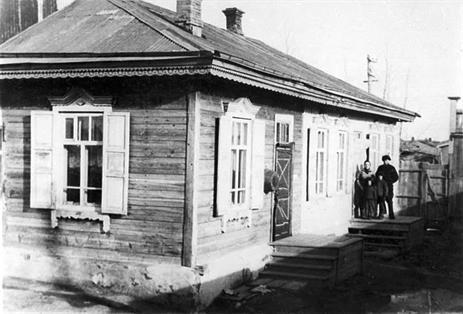
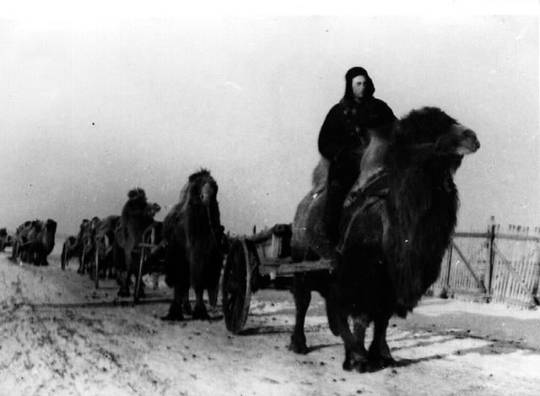
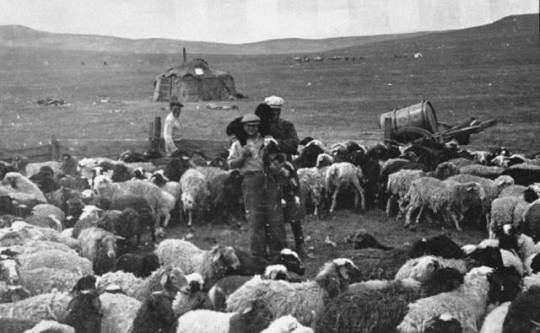


The Litvin family - Jewish farmers from Hailar, Manchuria, Chinese Inner Mongolia region
The Litvin family was originally from Irkutsk, Siberia. Life for Jews became increasingly harder there during WWI, so the family moved to Inner Mongolia where the existence of the Chinese Eastern Railway made the pastoral area promising. The family patriarch, Simeon Litvin, was a very skilled farmer. He could accurately determine the age of a horse by its teeth and learned to speak the Mongolian and Tungus languages when communicating with Buryat and Tungus people. So when the family settled in the small town of Hailar on the CER, Simeon quickly made himself at home and gained friends among his suppliers, while still observing Jewish holidays, not working on Saturdays and regularly visiting the Hailar synagogue.
The situation changed dramatically when the Japanese occupied Manchuria in the early 1930s and established the puppet state of Manchukuo, after the Soviet Union sold its part of the railroad to the them. Japanese troops and police became increasingly aggressive, attacking, insulting, and even raping private citizens. They ruthlessly beheaded captives without trials and put their heads on public display. Chaim Litvin, the son of Simeon, had to endure brutal torture and years of imprisonment in a labor camp. After the prison was liberated, Chaim hurried home to Harbin, covering 700 kilometers in only three days. There, he began to breed cattle, got married and built a large farm together with his wife. Chaim worked until in 1959, in the People’s Republic of China, everything was confiscated. With the threat of being arrested by the Communist regime, he went with his family to Israel in 1962.
171 notes
·
View notes
Text
Mongolian Women Series by Artist Su Ruya.
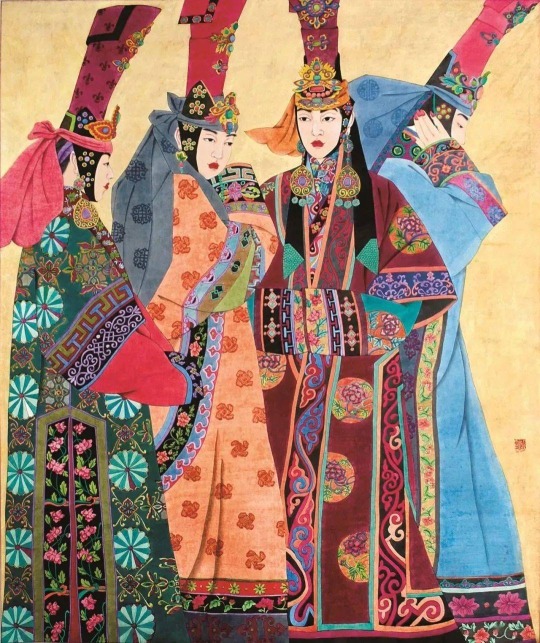
Mongolian Noble Women. Su Ruya. Painting, 2017 [image source].

Mongolian Woman No. 9, Mongolia Imagery Series. Su Ruya. Painting, 2002 [image source].

Mongolian Women No. 2, Mongolia Imagery Series. Su Ruya. Painting [image source].

Mongolian Women No. 1, Mongolia Imagery Series. Su Ruya. Painting, 1998. [image source].
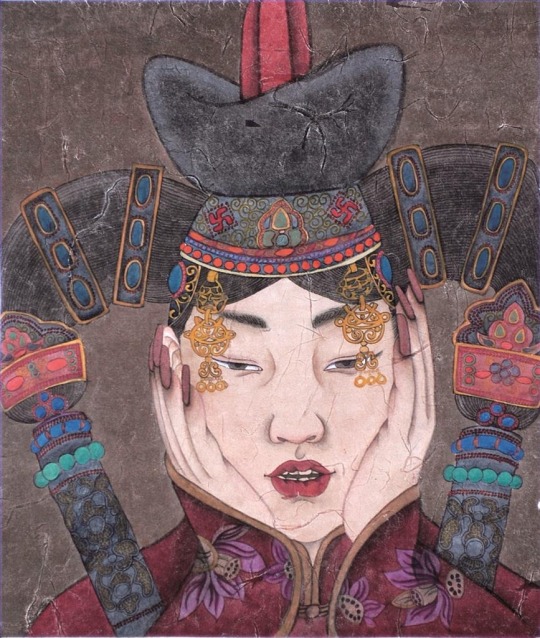
Mongolian Woman No. 10, Mongolia Imagery Series. Su Ruya. Painting, 2002 [image source].
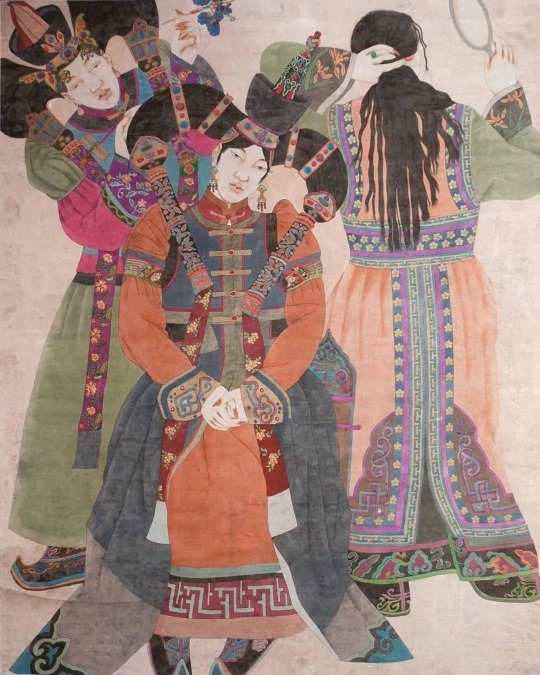
Golden Age. Su Ruya. Painting, 2014 [image source].

Mongolian Woman No. 15, Mongolia Imagery Series. Su Ruya. Painting, 2015 [image source].
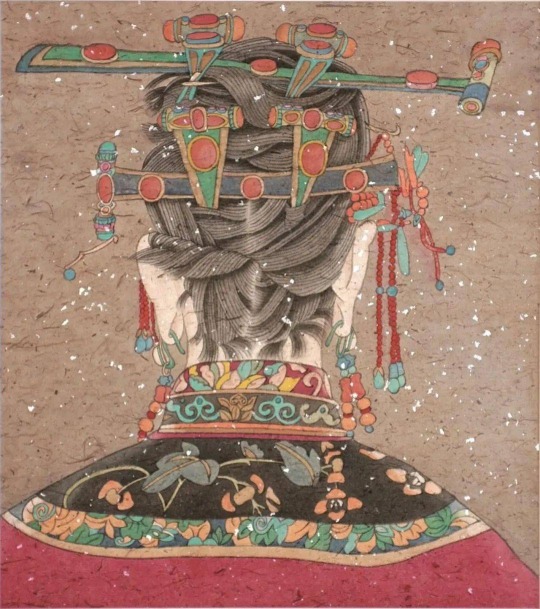
Mongolian Woman No. 5, Mongolia Imagery Series. Su Ruya. Painting, 2000 [image source].
#mongolia#inner mongolia#chinese art#china#chinese artists#inner mongolian artists#asian art#mongolian fashion#traditional mongolian fashion#su ruya#su ruya artist#painting#art#boqta#gugu hat
183 notes
·
View notes
Text
youtube
WATCH: China's Shenzhou-18 space crew successfully return to earth
4 November 2024
The three-person crew of China's Shenzhou-18 spacecraft successfully returned to earth on Monday (November 4), following several months in low orbit.
The capsule containing the three astronauts steadily descended to earth, assisted by parachute and landed intact at the Dongfeng landing site in Inner Mongolia.
Ground crews assisted Ye Guangfu, Li Cong and Li Guangsu through the capsule's latch and onto stretchers ahead of a post-landing medical check.
During their mission to the Tiangong Space Station, Guangfu and Guangsu conducted China's longest spacewalk during the installation of anti-space-debris equipment, totalling more than 8 hours.
The crew's April launch marked more than two decades of Chinese human spaceflight.
#China#Shenzhou-18#Shenzhou-18 space crew#space crew#human spaceflight#spaceflight#Dongfeng landing site#Inner Mongolia#Ye Guangfu#Li Cong#Li Guangsu#spacecraft#space#Youtube#Tiangong Space Station#longest spacewalk#spacewalk#anti-space-debris equipment
2 notes
·
View notes
Text
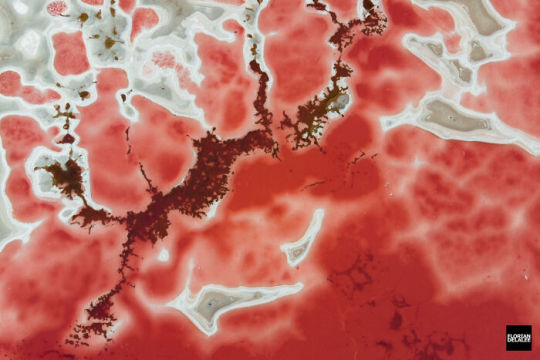
Florian Delalée Explored The Beauty Of Earth And Captured The Most Beautiful Landscapes Of China
Badain Jaran, Inner Mongolia

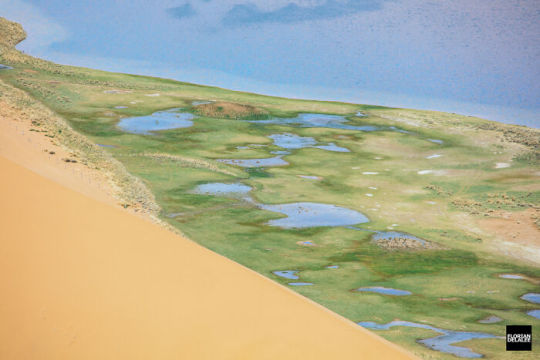
#florian delalee#photographer#china#aerial photography#landscapes#badain jaran#inner mongolia#nature
13 notes
·
View notes
Text
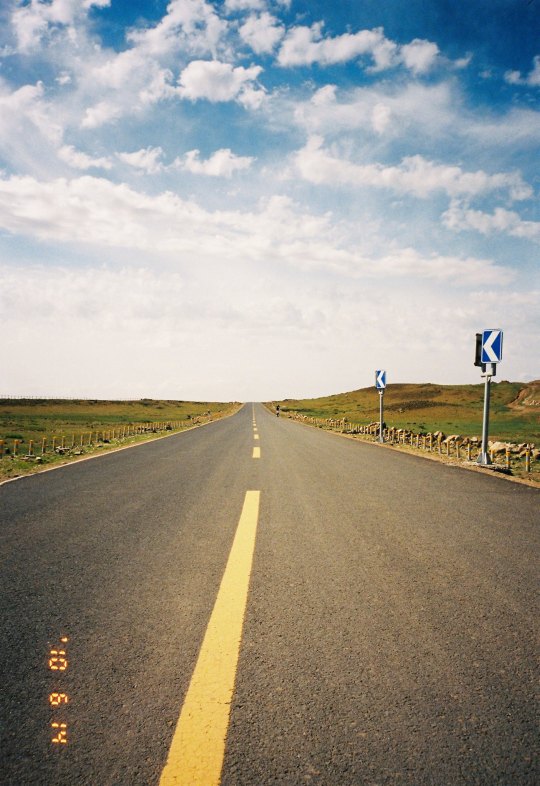
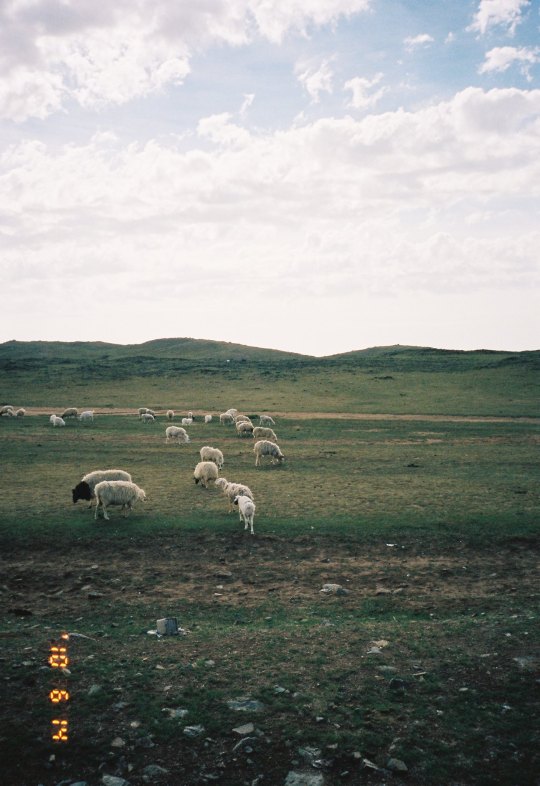

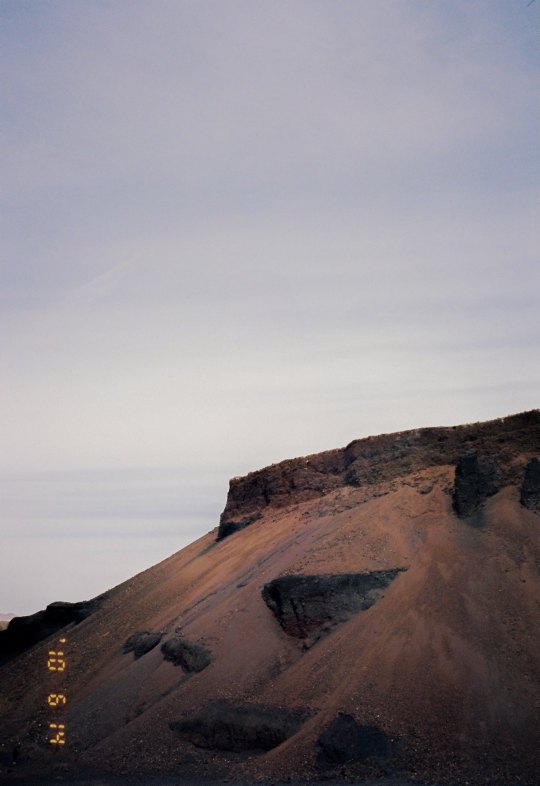
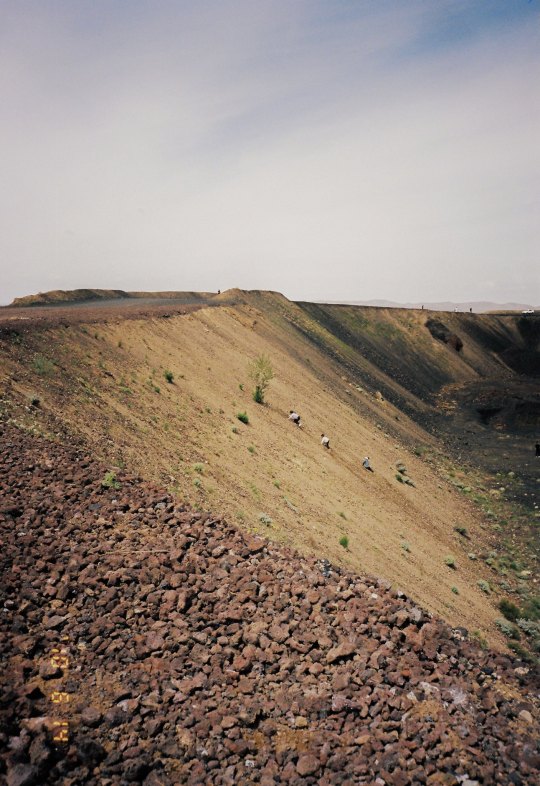
2021 NeiMongol (2) (3) (4) (5) by Xuanian Wu
3 notes
·
View notes
Text

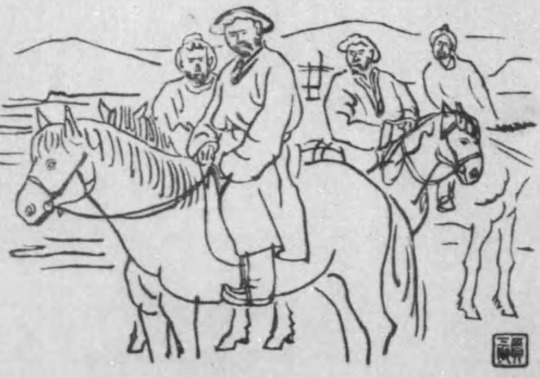


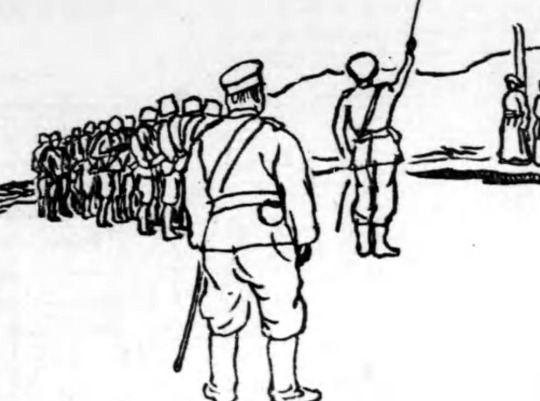
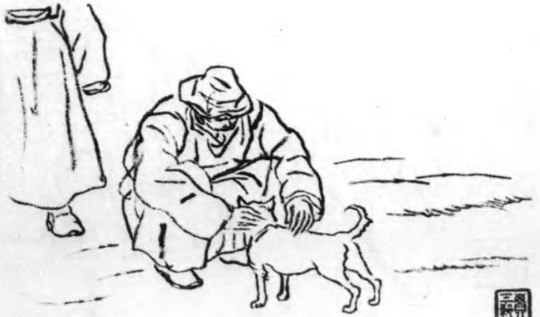
3 notes
·
View notes
Text

Megaconus
Megaconus — вимерлий рід алотерієвих ссавців з середньоюрської формації Тяоцзишань у Внутрішній Монголії, Китай. Типовий і єдиний вид, Megaconus mammaliaformis, був вперше описаний в журналі Nature в 2013 році. Вважається, що Megaconus був наземною травоїдною твариною. Ймовірно він мав поставу, схожу на сучасних броненосців і гірських даманів (Procavia capensis).
Повний текст на сайті "Вимерлий світ":
https://extinctworld.in.ua/megaconus/
#megaconus#jurassic#inner mongolia#china#jurassic period#mammal#mongolia#herbivores#nature#paleontology#paleoart#prehistoric#animals#illustration#animal art#extinct#digital art#article#image#sciart#ua#палеоарт#палеонтологія#ukraine#ukrainian#україна#мова#українська мова#art#українцівтамблері
7 notes
·
View notes
Text
youtube
China offers bounty for Hong Kong activists abroad, Focus on Europe, November 12, 2023
Finn Lau, who lives in exile in London, has criticized China for its politics concerning Hong Kong. Beijing is offering a high reward for his capture. Deutsche Welle
#Deutsche Welle#news#Finn Lau#Hong Kong#China#protest#activism#politics#political repression#democracy#autonomy#nationalism#hong kong national security law#Tibet#Xinjiang#Mongolia#Inner Mongolia#Sino British Joint Declaration#Youtube
2 notes
·
View notes
Text

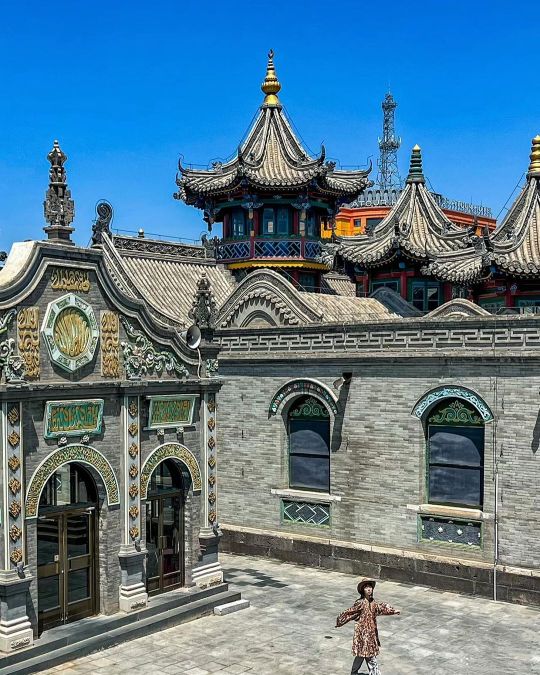
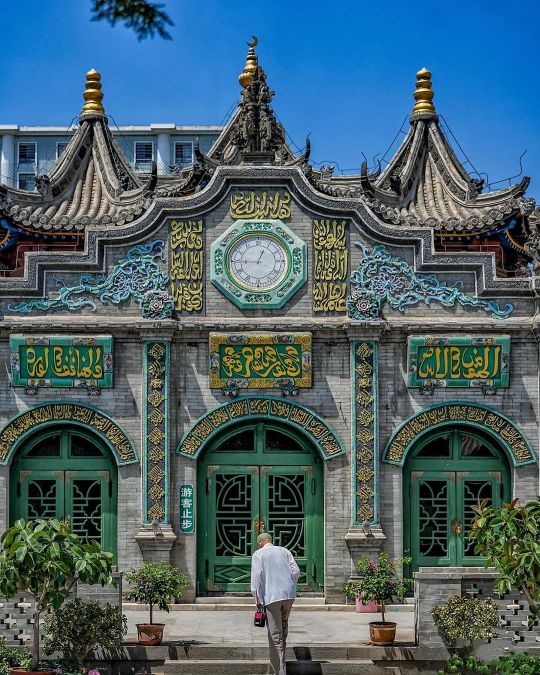
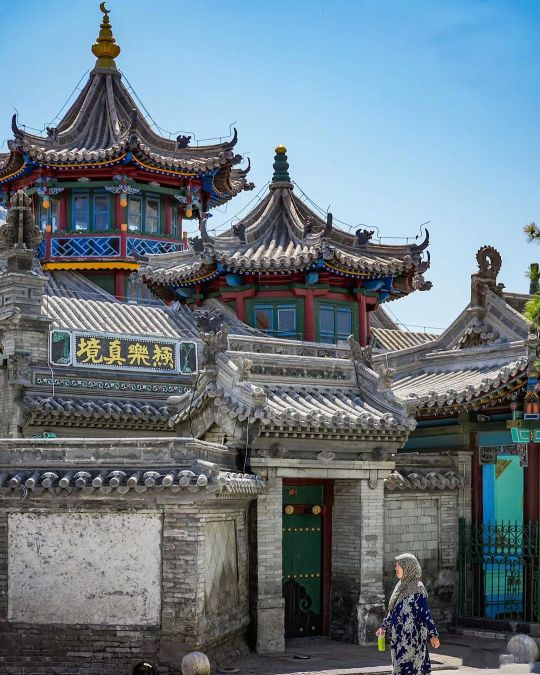
A mosque in Honhot, Inner Mongolia, China.
#China#Inner Mongolia#Honhot#中国#Islam#Mosque#Masjid#Asia#Far East#Muslim#Architecture#Religion#Arabic
225 notes
·
View notes
Photo
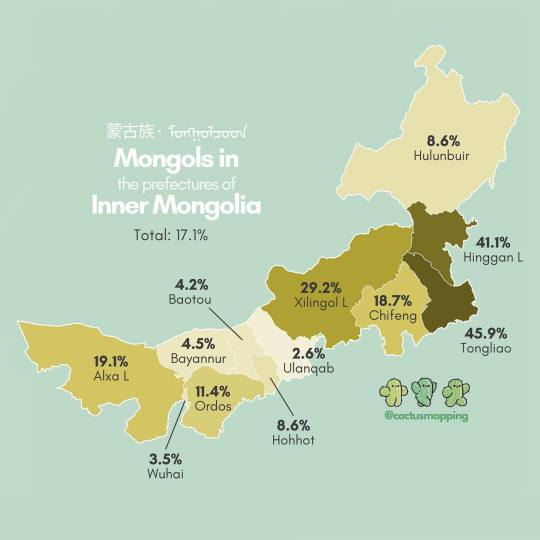
Ethnic mongols in the Autonomous region of Inner Mongolia.
by cactusmapping
66 notes
·
View notes
Text

Here's another photo of Butedmaa and her family in 2014.

I love this picture so much! Post it whenever I come across it.
47K notes
·
View notes
Text
New Oviraptorosaur Species Found in China
A brand new genus and species of early-diverging oviraptorosaurian dinosaur has been recognized from two specimens present in Internal Mongolia, China. Life reconstruction of Yuanyanglong bainian. Picture credit score: Sci.Information / Ddinodan. “Oviraptorosauria is a gaggle of specialised pennaraptoran theropods recognized primarily from an considerable Asian and North American Cretaceous…
#china#Cretaceous#Dinosaur#fossil#Gastrolith#Gobi Desert#Inner Mongolia#Miaogou Formation#Oviraptorosaur#Oviraptorosauria#Skeleton#Yuanyanglong#Yuanyanglong bainian
0 notes
Text

ergun city, hulunbuir, inner mongolia, china
by huifang boo
0 notes